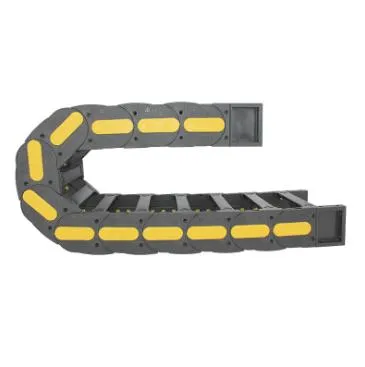ball screw bellows
Understanding Ball Screw Bellows Essential Components for Machine Protection
In the world of precision machinery, ball screws play a crucial role in converting rotary motion into linear motion. These components are widely used in various applications, including CNC machines, robotics, and automation systems due to their high efficiency and accuracy. However, to maintain optimal performance and longevity of ball screws, additional protective measures are essential. This is where ball screw bellows come into play.
Ball screw bellows are protective coverings designed to shield ball screws and their associated mechanisms from contamination and external elements. Typically made from flexible materials such as polyurethane or rubber, these bellows provide a reliable barrier against dust, dirt, chips, and other debris that could adversely affect the functionality of the screw.
One of the primary functions of ball screw bellows is to prevent foreign particles from entering the screw assembly, which is critical for maintaining precision. Contaminants can lead to increased wear and tear, potentially compromising the screw's alignment and operational efficiency. In high-precision applications, even the slightest deviation caused by debris can result in significant errors, making bellows an indispensable accessory for machines that demand accuracy.
ball screw bellows

Moreover, ball screw bellows also play a vital role in protecting the ball nut and screw from moisture and corrosive substances. When exposed to such elements, the risk of rusting and corrosion increases, leading to decreased performance and eventual failure. By sheltering these components from the elements, bellows contribute to the overall durability and lifespan of the equipment.
Another important aspect of ball screw bellows is their ability to accommodate the z-axis motion of the screw without hindrance. Their flexible design allows for seamless movement while still providing protection. This adaptability is particularly beneficial in machining environments where rapid lateral and vertical movements occur frequently.
In conclusion, while ball screws are integral to the operation of many machinery systems, ball screw bellows serve as essential protectors that enhance their longevity and precision. By implementing bellows, machine operators can ensure that their equipment remains free from contaminants and operates efficiently over time. Investing in high-quality bellows not only safeguards the machinery but also promotes smoother operations and reduces maintenance costs in the long run. Therefore, for anyone involved in precision engineering or automation, understanding and utilizing ball screw bellows is a key step towards achieving optimal performance and reliability.








